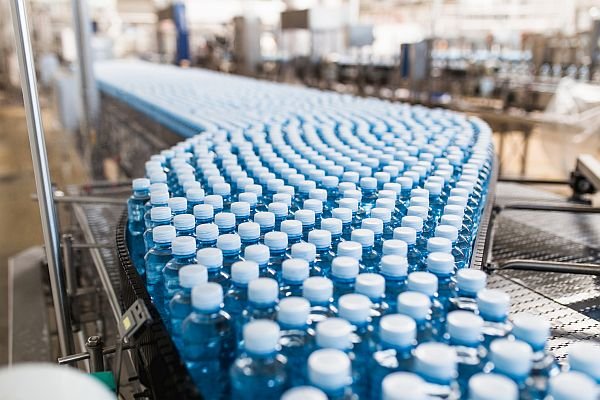As the climate problem worsens, there is a rising global recognition of the need to reduce greenhouse gas (GHG) emissions from the use of fossil fuels.

In reaction to the danger to their future profitability posed by developments in the transportation and energy sectors, fossil fuel companies like as Aramco, Total, Exxon, and Shell are allegedly investing heavily in petrochemicals and plastics manufacturing.

However, with GHGs produced at every stage of this life cycle, there is a genuine risk that the anticipated petrochemical development would contribute to locking the planet into a disastrous high-emissions trajectory, jeopardizing humanity’s capacity to keep global warming below 2 degrees Celsius.
Large fast-moving consumer goods firms (FMCGs) such as Coca-Cola, Nestlé, and PepsiCo are driving the development, as they are some of the top consumers of single-use plastic packaging – which is the largest end use of virgin plastic globally.

The projected growth in production – if allowed to happen – would mean global emissions from the plastic life cycle would increase by more than 50% over 2019 levels to 1.34 billion metric tons of CO2e a year by 2030, equivalent to nearly 300 coal-fired power plants.
This growth endangers the global climate as well as populations and ecosystems worldwide. This will have to be stopped else we humans are doomed.
This is story is based on “The Climate Emergency Unpacked: How Consumer Goods Companies are Fueling Big Oil’s Plastic Expansion;” edited by Clean-Future Team






